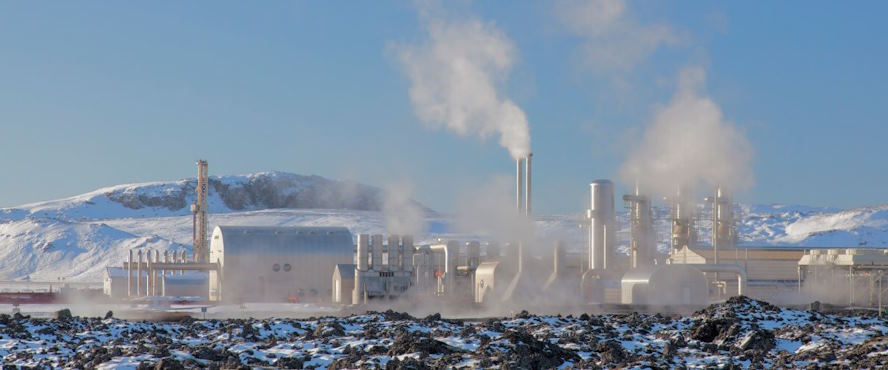Here we speak about geothermal energy, which with its immense potential and unique characteristics, is an excellent renewable power source in our quest for a sustainable future. Harnessing the Earth’s heat, geothermal energy offers a reliable and continuous supply of clean electricity and heat.
What is Geothermal Energy?
Geothermal energy is a renewable and sustainable form of energy that harnesses the natural heat stored within the Earth to generate electricity and provide heating and cooling for various applications. The Earth’s heat originates from its formation and the decay of radioactive substances deep within its core. Geothermal energy taps into this heat by utilizing underground reservoirs of hot water or steam and conducting heat directly from the Earth’s interior.
Geothermal energy can be harnessed through two primary methods: geothermal power plants and heat pumps. Geothermal power plants generate electricity by harnessing the heat from hot water or steam reservoirs deep beneath the Earth’s surface. Geothermal heat pumps, also known as ground-source heat pumps, utilize the relatively constant temperature of the Earth’s subsurface to provide heating and cooling for buildings. They work by circulating a fluid, often a mix of water and antifreeze, through a series of pipes buried underground or submerged in a nearby water source, such as a pond or well.
What are the benefits of geothermal energy?
Geothermal energy offers numerous benefits as a renewable energy source. Here are some key advantages:
Renewable and Sustainable
Geothermal energy derives its power from the Earth’s heat, continuously replenished by natural processes. It is a renewable resource that can be harnessed for long-term energy production without depleting its source.

Reliable and Continuous
Unlike solar and wind energy, which are intermittent and subject to weather conditions, geothermal energy provides a consistent and dependable power supply. It is available 24/7, year-round, making it highly reliable for baseload power generation.
Low Greenhouse Gas Emissions
This energy has minimal greenhouse gas emissions during operation compared to fossil fuel-based power generation.
Localized Power Generation
Geothermal power plants can be constructed on various scales, from large utility-scale facilities to smaller decentralized systems. It allows for localized power generation, minimizing transmission losses and enhancing energy efficiency.
Long Lifespan and Low Operating Costs
Geothermal power plants have a long operational lifespan, often exceeding 30 years. Once a geothermal reservoir is tapped, the ongoing operational costs are relatively low compared to conventional power plants, as the Earth’s heat provides a continuous and cost-effective fuel source.
Are there any challenges in getting geothermal energy?
Geothermal energy faces several challenges, including limited resource availability, high initial costs, exploration risks, environmental considerations, water usage, transmission challenges, and technology limitations. These obstacles range from identifying suitable geothermal resources to managing environmental impacts and developing the necessary infrastructure.
